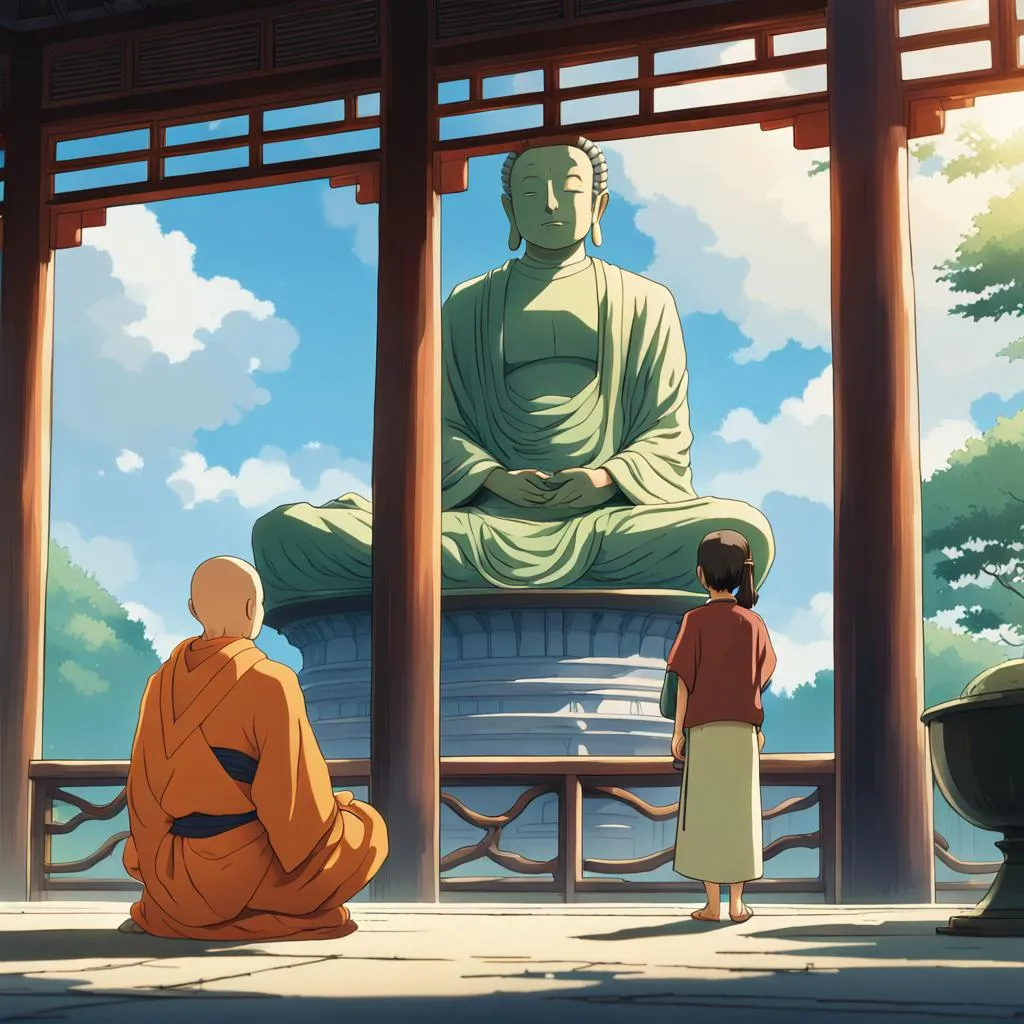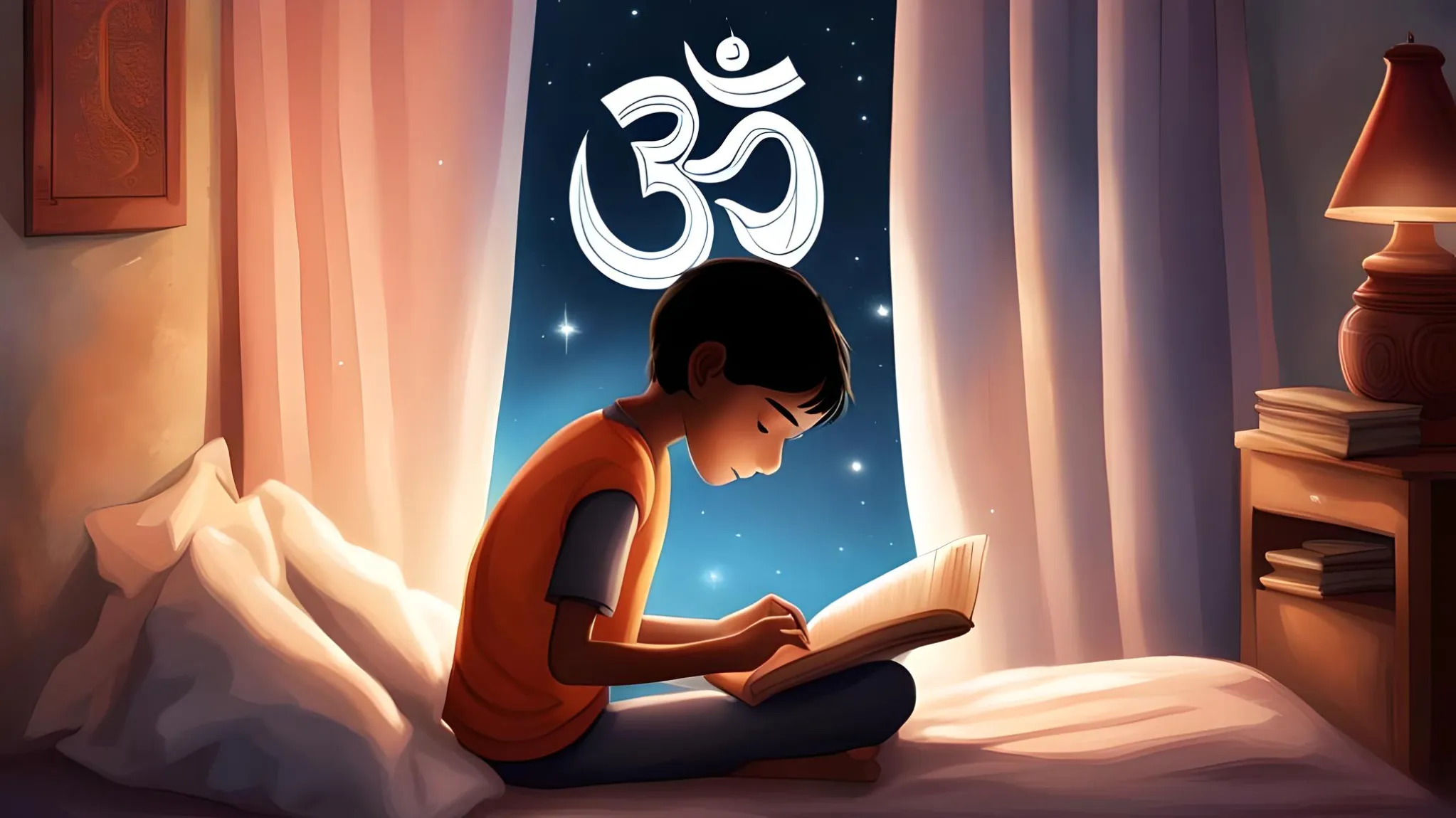“My mother died when I was young, and my father is a farmer,” a young woman cried. “To help my father, I dropped out of school at 16. I’m doing everything my mother did for my three brothers and sisters.”
“My husband is an alcoholic,” another woman told me. “My kids have no food, and I’m doing odd jobs to make ends meet.”
“I broke my hand almost into two,” a third woman said. “My husband also was drunk, and nobody was around to help. I waited 4 hours at home and then took a 3-hour bus ride alone to reach the closest free hospital.”
“Why do your husbands drink alcohol when there’s no money at home?” I asked.
“I don’t blame my husband for drinking,” a woman empathized. “He works in the sun all day. Without alcohol, his body hurts, and he can’t sleep.”
During one of my visits to my friend-mentor Om Swami’s Ashram, I was disinterested in the pointless philosophical discussions with those whose stomachs were filled beyond need. Instead, I ventured out to speak with the villagers in the neighborhood.
What I quoted above were real-life tales narrated by those villagers, which made my eyes well up to the point where no more tears were left to be shed.
The Game Changer
In Srimad Bhagavad Gita, Sri Krishna often addresses Arjuna by the nickname Dhananjaya, the victor of wealth. It is said that the money Arjuna made from his conquests as a warrior and received in taxes from other smaller kingdoms was unheard of before his time.
During the Rajasuya Yagna of the Pandavas, all their relatives volunteered to help them. For better or worse, Duryodhana was tasked with overseeing the gifts from the kings who attended the event. The amount of gifts he collected on behalf of the Pandavas in many ways led to the Mahabharata war, with the lavish Pandava palace playing a part in it as well.
In fact, it is said that Sri Krishna repeats the name Dhananjaya multiple times to remind Arjuna that he has a right to seek justice not just for his wife but also for the wealth his nemesis stole from him by deceit.
So, it is an undeniable fact that money is indeed a game changer in many ways.
Well-To-Do Person’s Luxury
“Why are people quitting Sanatana Dharma?” Someone who was deeply committed to the faith once inquired of me.
“Because no one gives out money to convert people into this faith,” I replied.
Truth be told, faith and spirituality are a well-to-do person’s luxury. The search for inner peace is largely a problem faced by people who have plenty to be thankful for.
For a person who can’t afford to put food on the table, money is the only faith and only philosophy.
“What faith and spirituality do I teach when people can’t feed themselves,” my friend-mentor Om Swami once said (paraphrased). “So, I’m now creating businesses and jobs. That’s the need of the hour.”
Something similar was also echoed by my highly content and almost desireless husband. His income feeds not just my family but also educates many kids yearly. Therefore, he toils hard, even though he doesn’t have much need to do so. Through his corporate earnings, he strives to bring some small change in this world.
And finally, whatever little money I earn through writing blogs and books, I donate to encourage budding writers of Sanatana Dharma and spirituality.
Give Out Gold
Conclusively, from my experience and that of those around me:
If you genuinely wish to save Sanatana Dharma, make it your purpose to become Vishnu or Lakshmi, who give out gold to empower those in need. For, most conversions happen for the want of money.
Nevertheless, we can’t blame anyone for taking money to convert because faith and spirituality fall flat on the face when our tummy rumbles. And these almost become a foe if the tummies of our kids rumble.
Love,
Sri Devi Om



